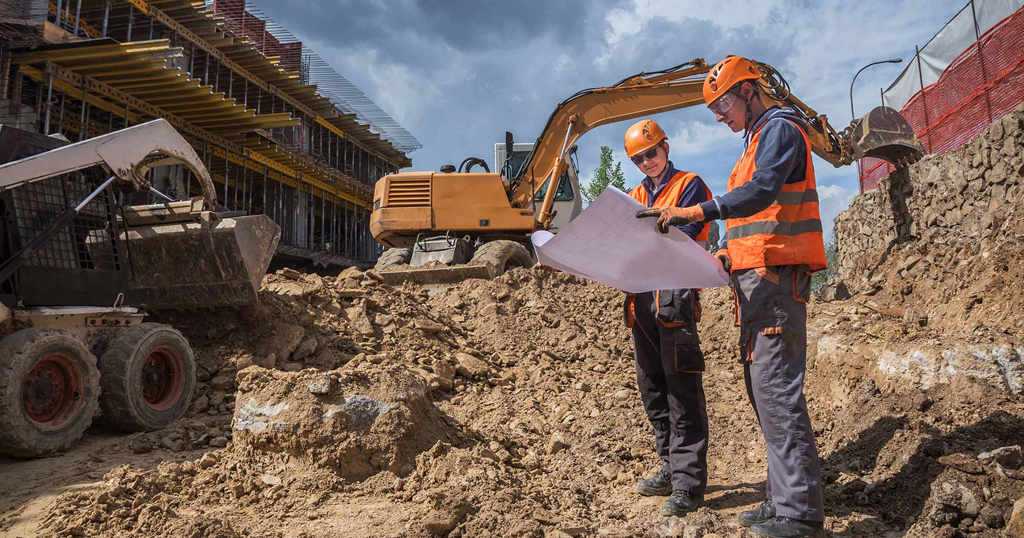Supporting Saudi Arabia’s ambitious developments requires robust deep foundation solutions. Techniques such as bored piling, continuous flight auger (CFA) piles, Fundex and geothermal piles, and driven steel piles are popular choices to transfer building loads down to more secure strata free from weak or shifting surface soils.

